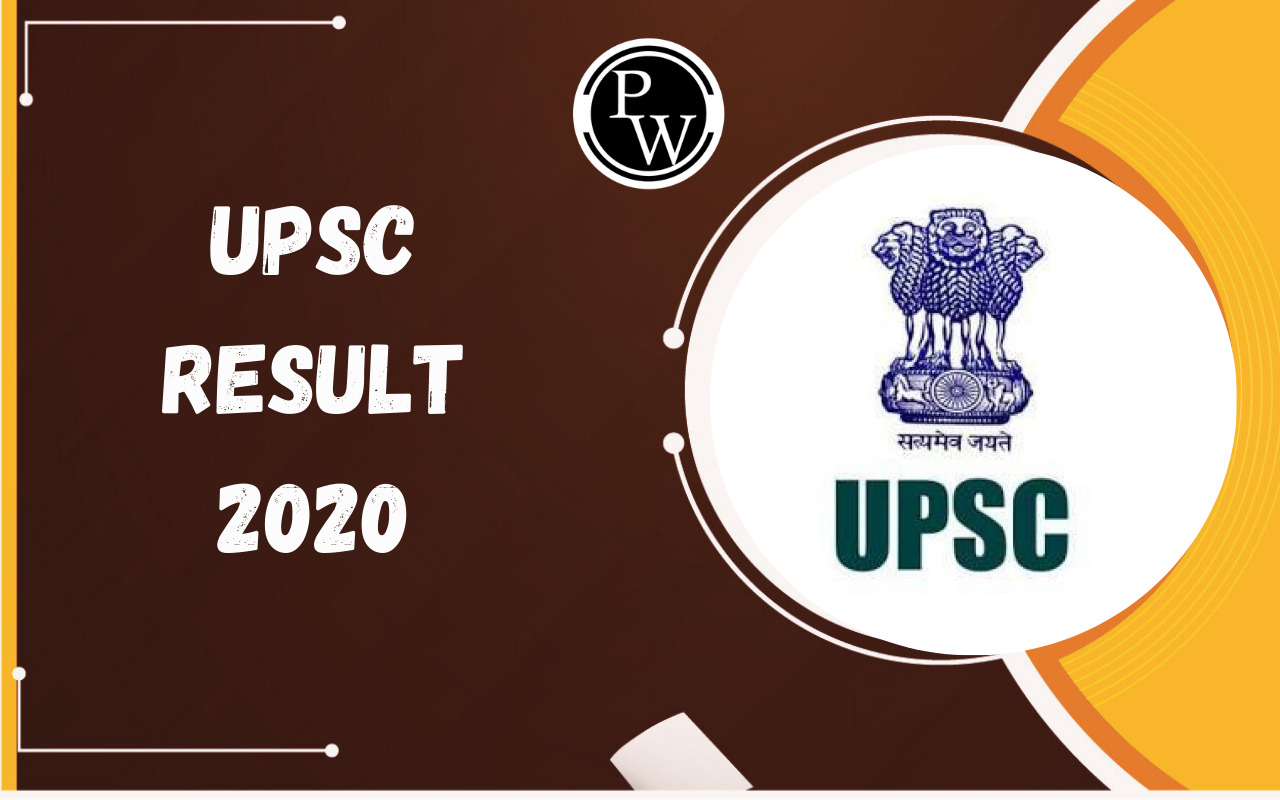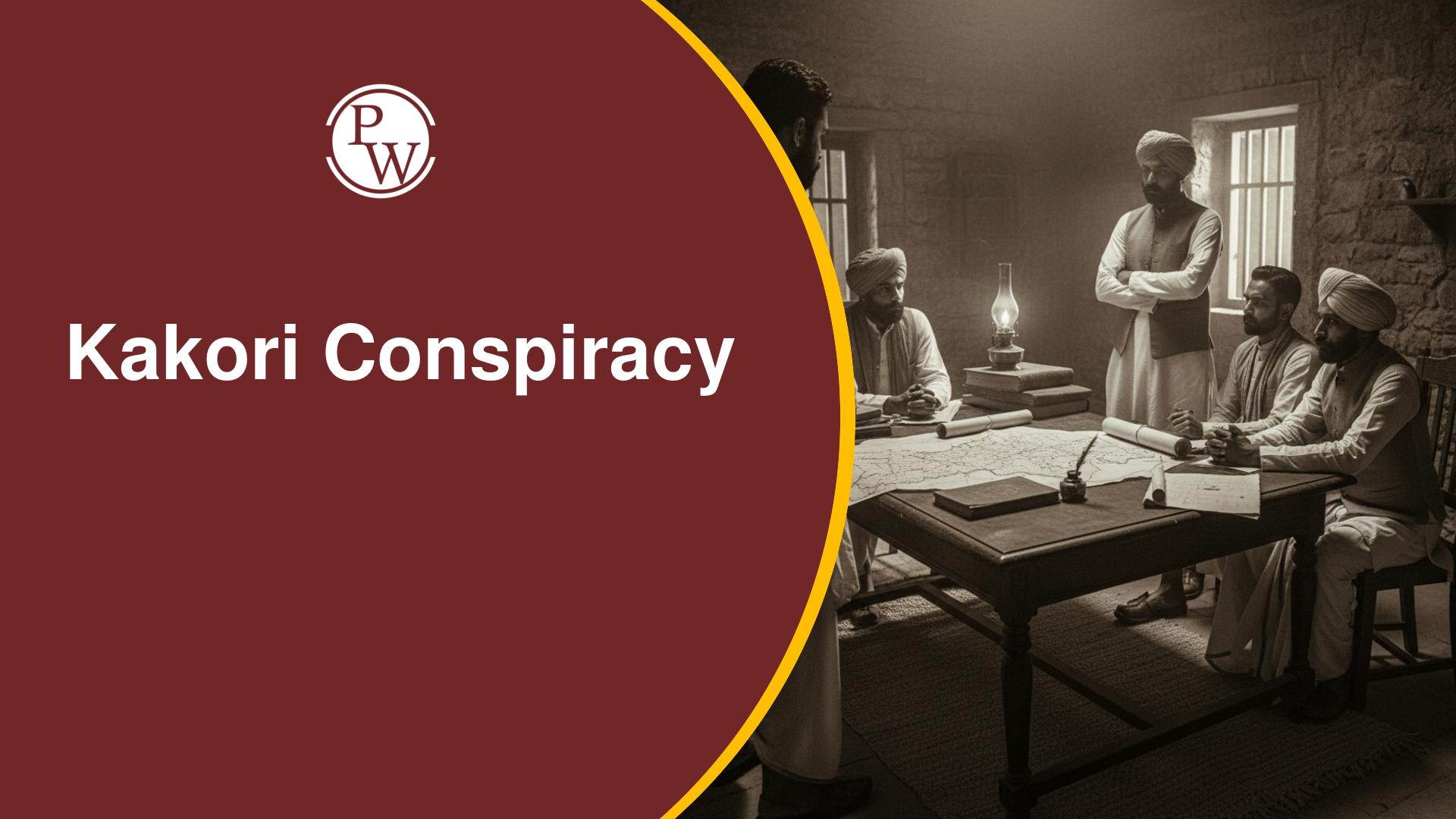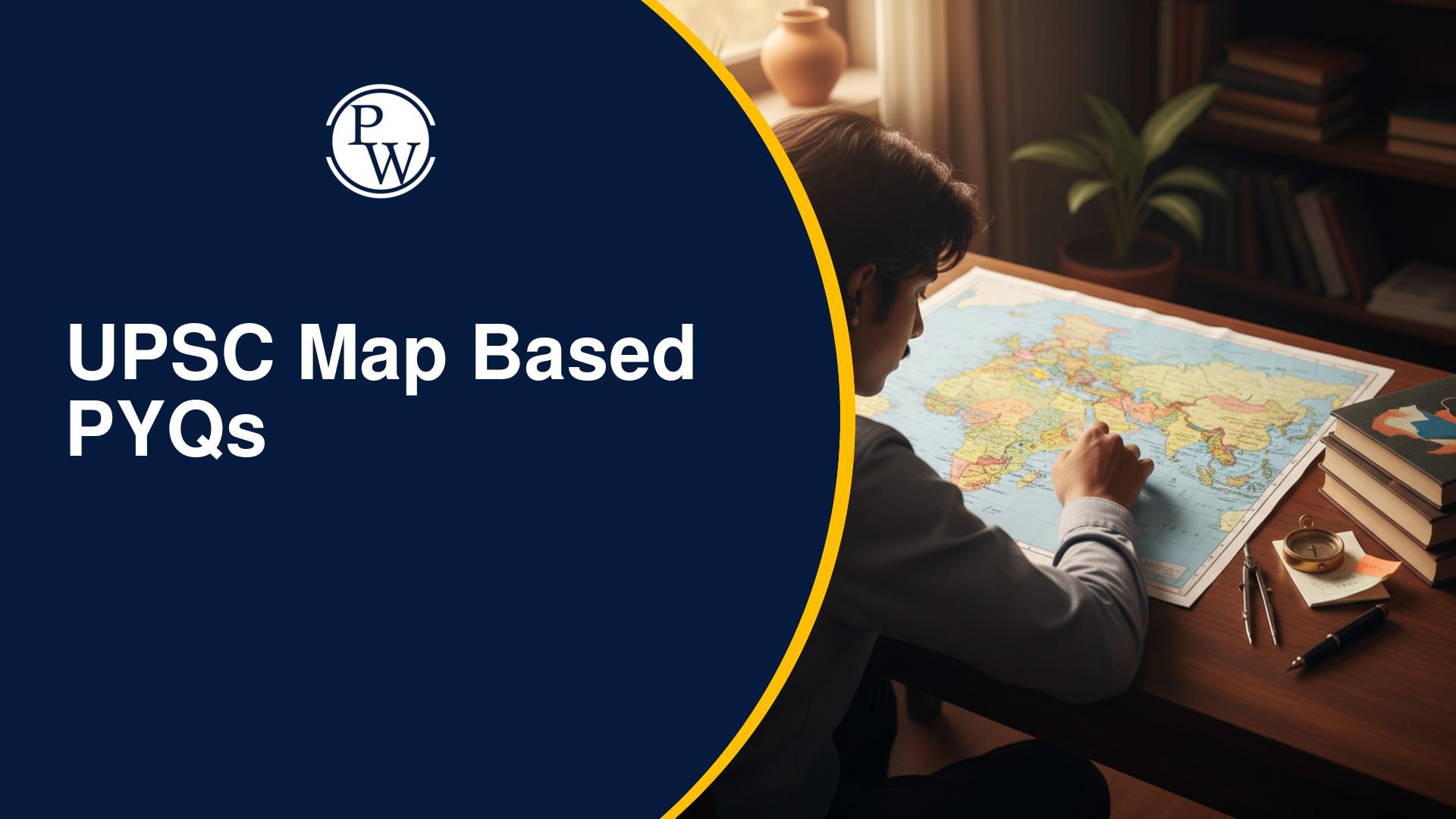
Pingali Venkayya was a dedicated linguist, patriot, agriculturalist, and freedom fighter. He is the original creator of India’s national flag. The national flag designed by him became the official flag of independent India after some minor changes. He was known as ‘Jhanda Venkayya’ for his patriotism and contribution to the creation of India’s national flag.
Pingali Venkayya and his contributions are an important topic for the UPSC Prelims Syllabus. Questions related to his contributions have been asked several times in the UPSC Prelims Exam.
Pingali Venkayya Birth Anniversary 2025
Pingali Venkayya's Birth Anniversary 2025 is to be observed on August 2, 2025. It is on this date that the creator of India’s national flag was born in 1876. On this birth anniversary, tributes are paid to the man who is the architect of our national flag. He was a great freedom fighter and a patriot who dedicated his whole life to the cause of the nation.
Pingali Venkayya Biography
He was born in Machilipatnam, Andhra Pradesh, on August 2, 1876. He had a strong interest in education and learning from a young age. He pursued his graduation in Geology from Colombo, Sri Lanka. Later on, he also different other languages like Japanese, Urdu, and Sanskrit. Pingalli Venkayya’s biography can be summarized as follows:
-
He received his primary education at Challapalli and Machilipatnam Hindu High School. He also went to Cambridge and then to London to finish his higher education.
-
He completed his training as a plague inspector in Madras and, for some time, worked as a plague inspector in Bellary.
-
Pingali Venkayya went to Bombay in 1895 and joined the army at 19 years of age. He also fought in the Second Boer War in South Africa.
-
He worked briefly as a railway guard after returning to India and then focused on research in agriculture, especially cotton cultivation, which earned him the nickname ‘Patti Venkayya’.
-
He was also nicknamed ‘Japan Venkayya’ after delivering a complete speech in Japanese at Bapatla in 1913. During this period, he was exposed to nationalism and decided to contribute his part to India’s freedom struggle.
-
Pingali Venkayya actively took part in various movements of India’s freedom struggle between 1906-1922, including the Home Rule Movement and Vande Mataram Movement.
-
After India’s independence, he settled in Nellore and continued working as an advisor for the Mineral Research Department of the Government of India.
Pingali Venkayya Contributions
He was influenced by Mahatma Gandhi’s idea of nationalism and subsequently played an important role in India’s Independence movement. He first met with Mahatma Gandhi during his service in South Africa, which formed a lifelong association.
-
He published a book titled ‘A National Flag for India’ in 1916, which featured around 30 designs for a potential Indian flag, inspired by the flags of other countries of the world.
-
One of his designs was approved by Mahatma Gandhi to be adopted as the national flag of India in 1921 at a Congress meeting in Vijaywada.
-
The initial flag was termed ‘Swaraj Flag’. It consisted of two red and green bands representing Hindus and Muslims. The flag also had a Charkha, which represented Swaraj. Gandhi advised him to add a white band for the representation of peace.
-
In 1931, the Flag Committee replaced the red band with saffron on top, followed by white and then green bands. The charkha was placed in the middle of the white band.
-
After India’s independence, the National Flag Committee under President Rajendra Prasad replaced the Charkha with the Ashok Chakra.
-
He died in poverty despite his contributions on July 4, 1963, at the age of 86 years in Vijayawada.
Pingali Venkayya Legacy
Although he died in obscurity on July 4, 1963, his contributions to the cause of India’s independence cannot be underestimated. He is referred to as the ‘Father of Tiranga’ for his important contribution to the creation of India’s national flag.
-
The Indian Government issued a commemorative postage stamp in his remembrance in 2009.
-
During the ‘Azadi ka Amrit Mahotsav’ in 2021, his bronze statue of was unveiled at the Collectorate in Guntur, Andhra Pradesh.
Looking for guidance in UPSC preparation? Explore Physics Wallah’s UPSC courses!
Pingali Venkaya FAQs
Who designed the National Flag of India?
Who was Pingali Venkayya?
When is Pingali Venkayya's Birth Anniversary 2025?
Which book was published by Pingali Venkayya?










